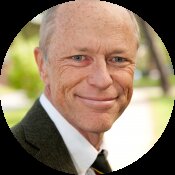
Scientific Coordinator of EQUIP, based at the Department of Public Health Sciences, Karolinska Institutet, Sweden
Maternal Health, Public Health





Background image: EQUIP
Portrait of the project coordinator: EQUIP
Timeline (in chronological order): EQUIP